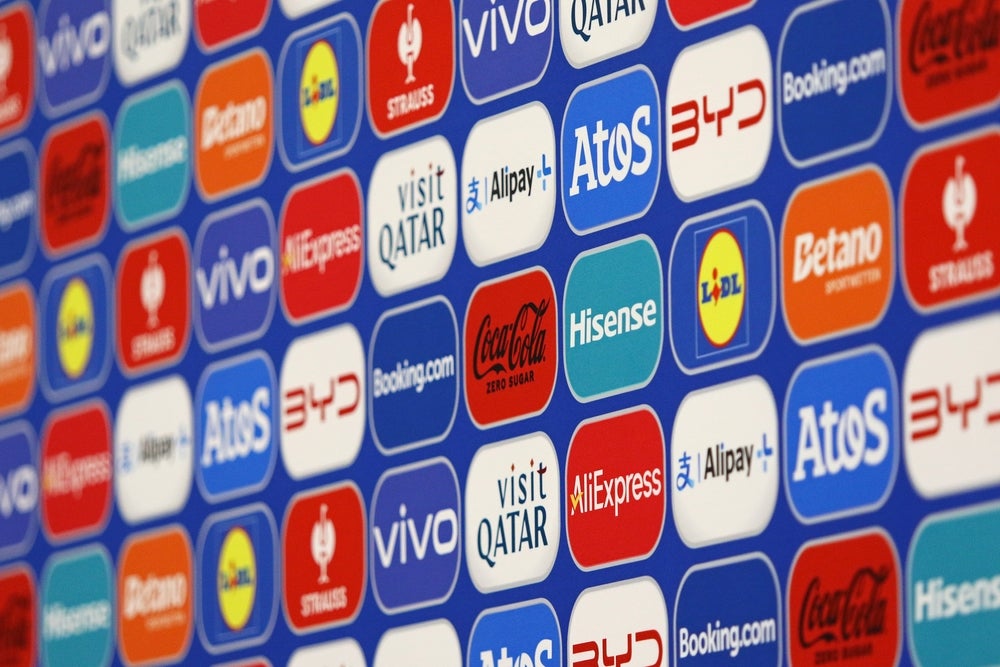continued an upward momentum to reach the highest quarterly net
revenues recorded by the company. However, profit margins were much
smaller than many industry analysts had anticipated and led to the
card network’s share prices dropping by 12.5 percent following the
results announcement.
Net income for the second quarter rose by 93.1 percent to reach
$195 million, excluding special items, and net income of $252
million including special items. Net revenues for the quarter were
$997 million, an increase of 17.8 percent compared with the
year-ago period.
The relatively weak US dollar, which has hit new lows against
other currencies over the past few months, also helped to boost
revenues; currency fluctuations between the euro relative to the
dollar contributed 2 percent to revenues for the quarter.
Revenues were boosted by growth in gross dollar volume (GDV)
which increased 13.3 percent on a local currency basis to reach
$555 billion; this quarter’s results marked the 13th consecutive
quarter of double-digit GDV growth. Processed transaction volume
increased 15.2 percent to 4.6 billion and cross-border transaction
volume grew 17.3 percent.
Worldwide purchase volume rose 14.8 percent, on a local currency
basis, during the quarter to $414 billion. As of 30 June 2007,
MasterCard’s customers had issued 855 million MasterCard cards – an
increase of 10.7 percent over the cards issued in the year-ago
period. Special items for the second quarter included reserves of
$3.4 million recorded for a litigation settlement, and a settlement
relating to its discontinued sponsorship of the Fédération
Internationale de Football Association World Cup tournament,
amounting to $90 million.
Total operating expenses increased 3.2 percent to $725 million
in the second quarter, primarily driven by higher personnel costs
related to the planned hiring of additional staff and contractors
to support MasterCard’s customers, an increase in professional fees
related to external costs, and legal costs to defend outstanding
litigation. Offsetting this increase was a 12.6 percent decrease in
advertising and market development expenses reflecting World Cup
sponsorship activity in the second quarter of 2006, as well as a
planned shift in 2007 spending to later quarters this year.
How well do you really know your competitors?
Access the most comprehensive Company Profiles on the market, powered by GlobalData. Save hours of research. Gain competitive edge.

Thank you!
Your download email will arrive shortly
Not ready to buy yet? Download a free sample
We are confident about the unique quality of our Company Profiles. However, we want you to make the most beneficial decision for your business, so we offer a free sample that you can download by submitting the below form
By GlobalData

Smaller growth causes shares to fall
However, the headline profit items were not enough to prevent
MasterCard’s share prices dipping by 12.5 percent due to the
smaller-than-expected profit growth. Earnings excluding items
surpassed expectations by only 6.7 percent, compared with a 35
percent rise last quarter.
Also, GDV’s 13.3 percent gain was lower than last year’s 16
percent gain, while volume in the US grew by only 9.8 percent
compared with the double-digit rates in other global regions. The
growth in processed transaction volume was also lower than last
year’s 18 percent growth figure. Another factor behind the fall is
weakening investor confidence in the US financial services
sector.
Chris McWilton, CFO of MasterCard, said in a conference call
that the US would lag behind international markets due to the
saturated nature of the US credit market and that he expected
MasterCard to generate more revenues from abroad than
domestically.
Moshe Orenbuch, an analyst at Credit Suisse First Boston,
commented: “US debit GDV grew 17.9 percent year-over-year, less
than half the growth rate seen in the first quarter. Advertising
and marketing spend totalled $268 million, about $6 million more
than our estimate and $60 million more than a year ago (excluding
World Cup spend). Advertising and marketing is still expected to be
higher in the second half of the year, with level increases for the
remaining quarters.”







